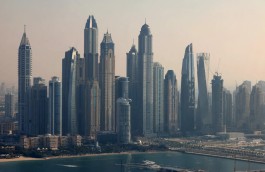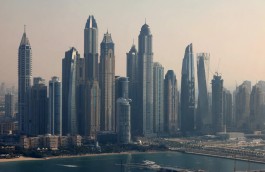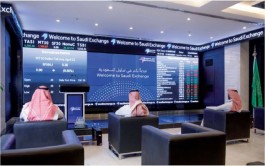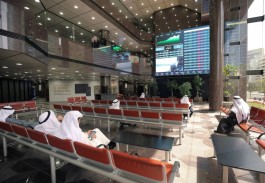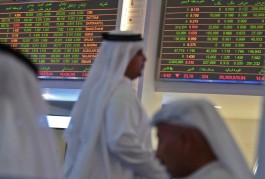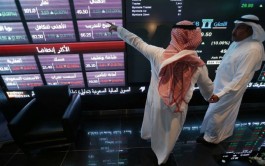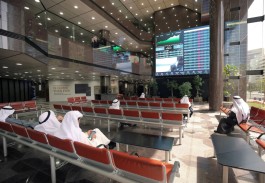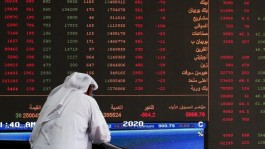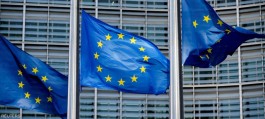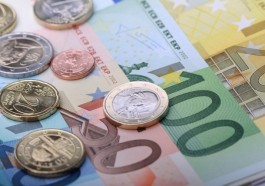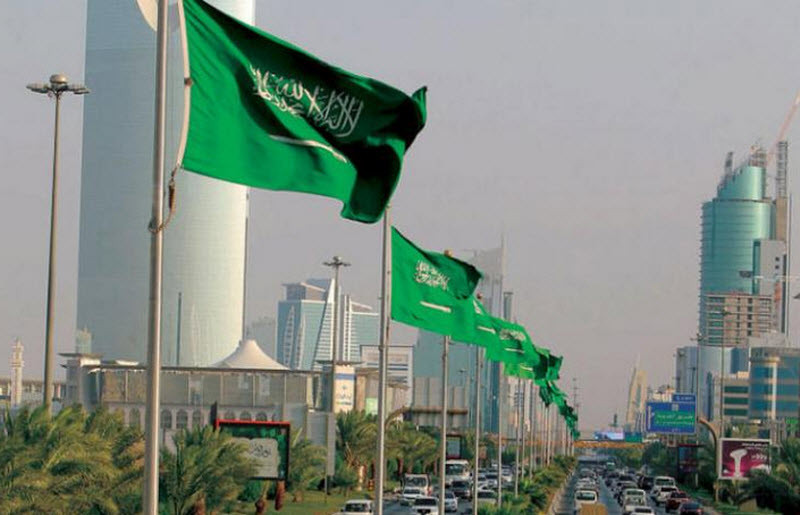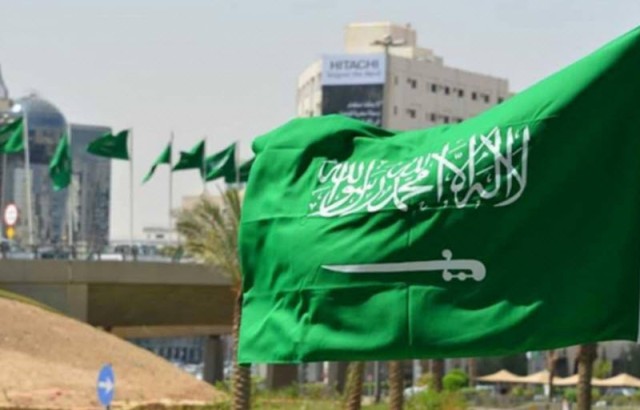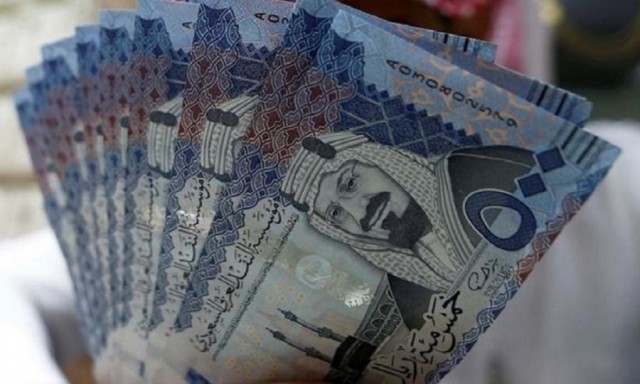Moody's forecast that the Saudi budget will achieve a surplus of 4.8% of GDP in 2022, and by 5.2% next year, ending a series of eight consecutive years of budget deficit since 2014.
And according to Arab Net, Moody’s indicated in the latest update of the credit opinion on the Kingdom, that Saudi Arabia will be able in the coming years to reverse most of the increase in public debt in the year of the Corona pandemic 2020, and to rebuild its financial reserves, based on the Kingdom’s continued commitment to improving Spending policy and raising its efficiency despite the rise in oil prices, which shows a more effective framework for public fiscal policy, and a commitment to fiscal consolidation and long-term fiscal sustainability.
The agency expected that the growth of the real economy in the Kingdom will reach 7.2% this year, and 4.6% next year.
In its credit report, Moody's affirmed Saudi Arabia's credit rating at A1 with a stable outlook.
A statement by the National Center for Debt Management in Saudi Arabia stated that the agency said in its report that its confirmation of the Kingdom’s classification came as a result of the government’s continued development of fiscal policy and the ability to respond and adapt to fluctuating oil prices, which demonstrates a commitment to controlling public finances and financial sustainability in the long term. p>
The agency also suggested the continuation of positive growth in the Kingdom’s real GDP by 5.0% in the period from 2021 to 2023 on average, supported by further recovery from the Corona pandemic, in addition to the remarkable progress in economic diversification, development and capital projects, and limiting the decline in oil production. /p>
In its report, Moody's expected the Kingdom's continued commitment to more fiscal control in the medium term and to continue to improve spending policy and raise its efficiency despite the rise in oil prices, which shows a more effective framework for public fiscal policy.
Moody's reports, with its recent assessments of financial institutions in the Kingdom of Saudi Arabia, reflect the positive impact of the structural measures and reforms taken by the Kingdom since the past five years, in addition to the tangible progress in improving the business environment, which positively affected the effectiveness of fiscal policy and raising the efficiency of government work.

